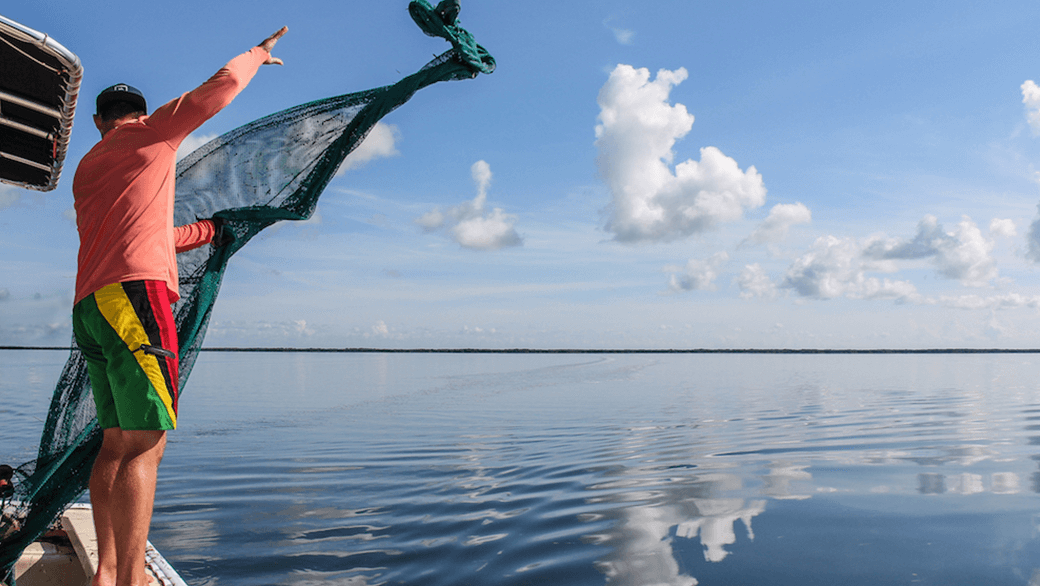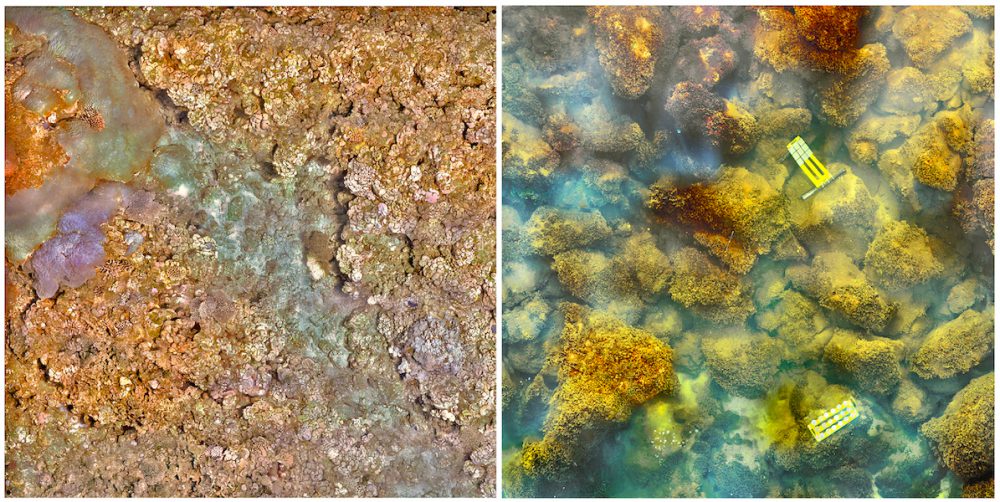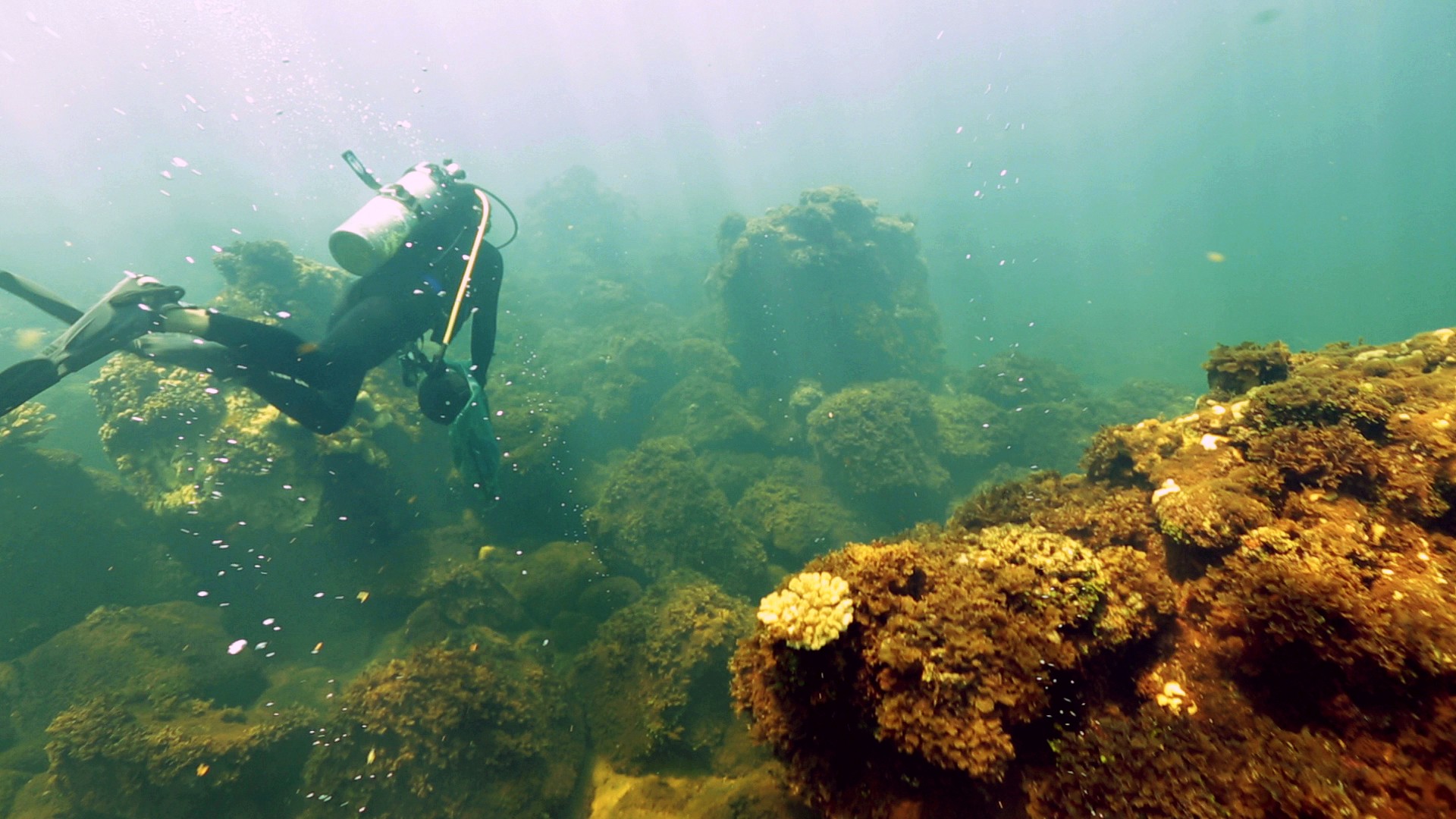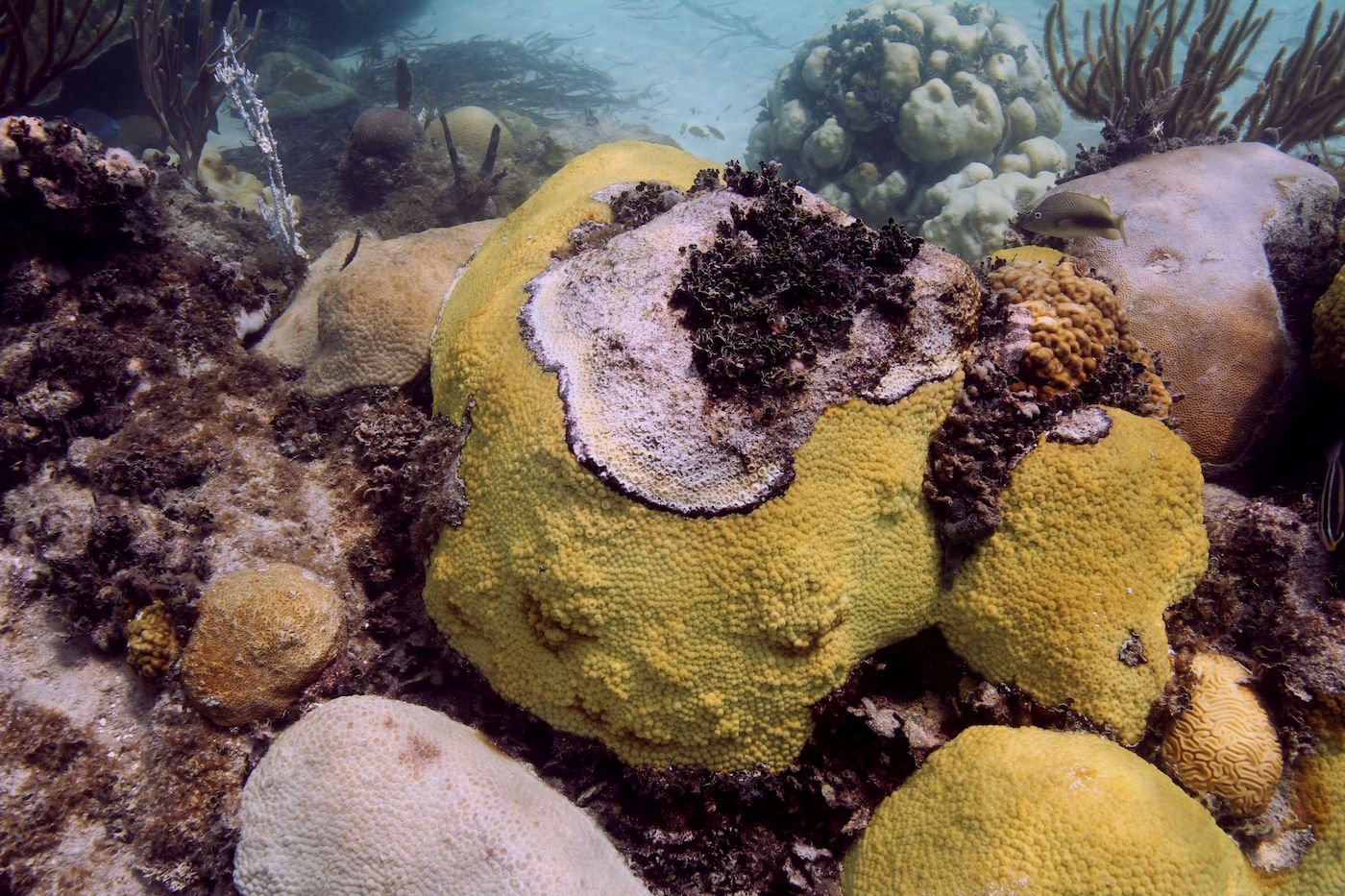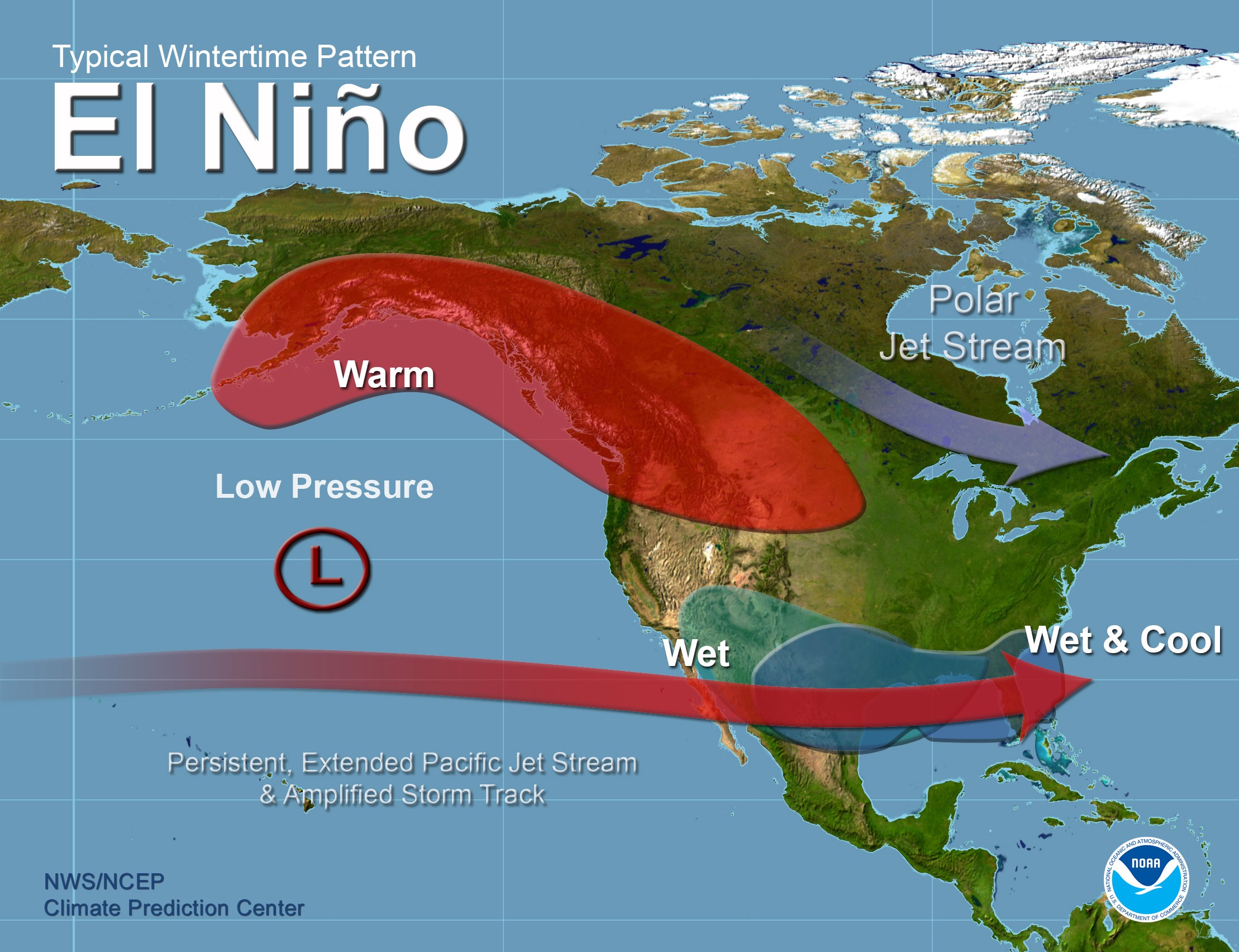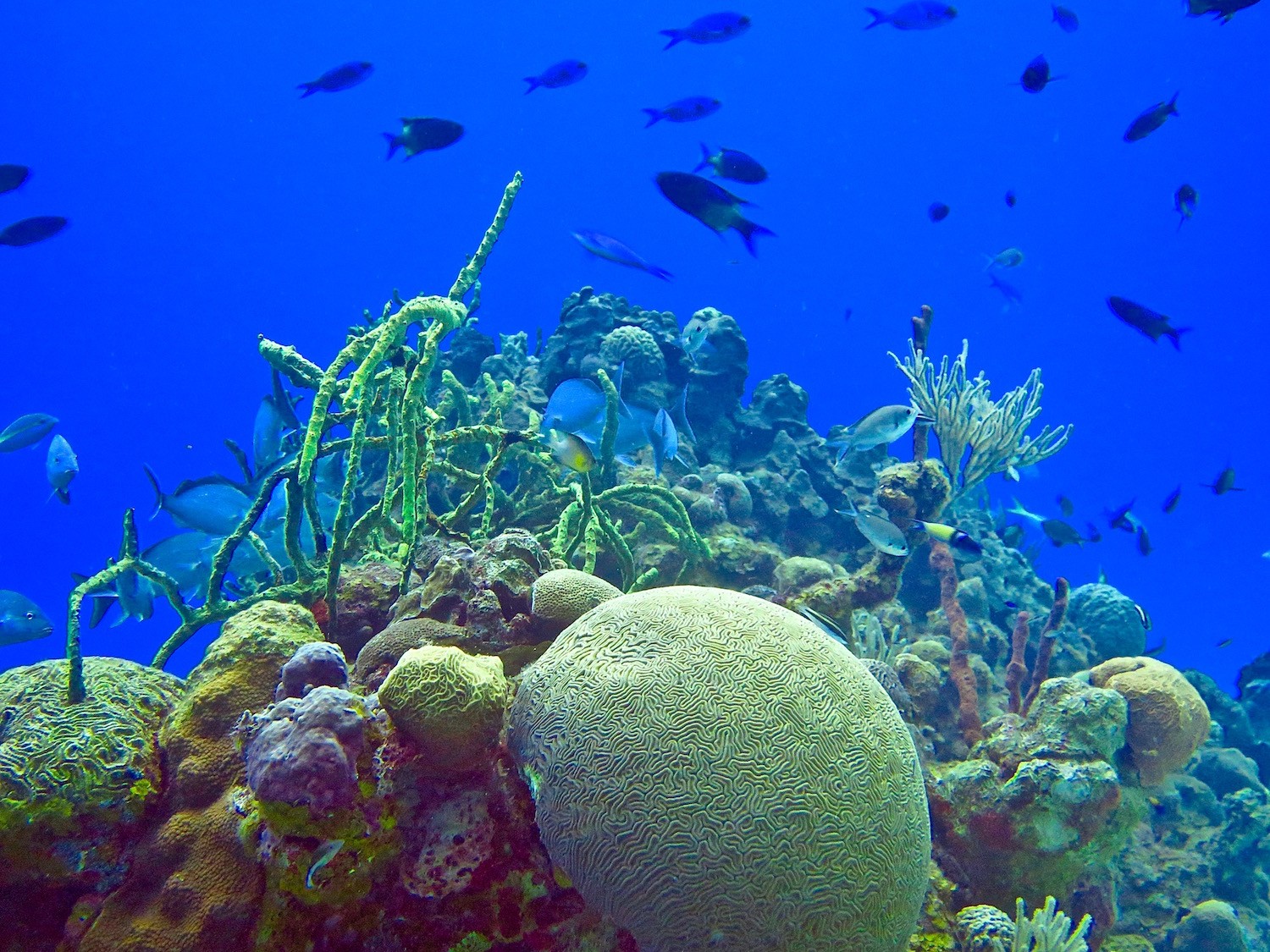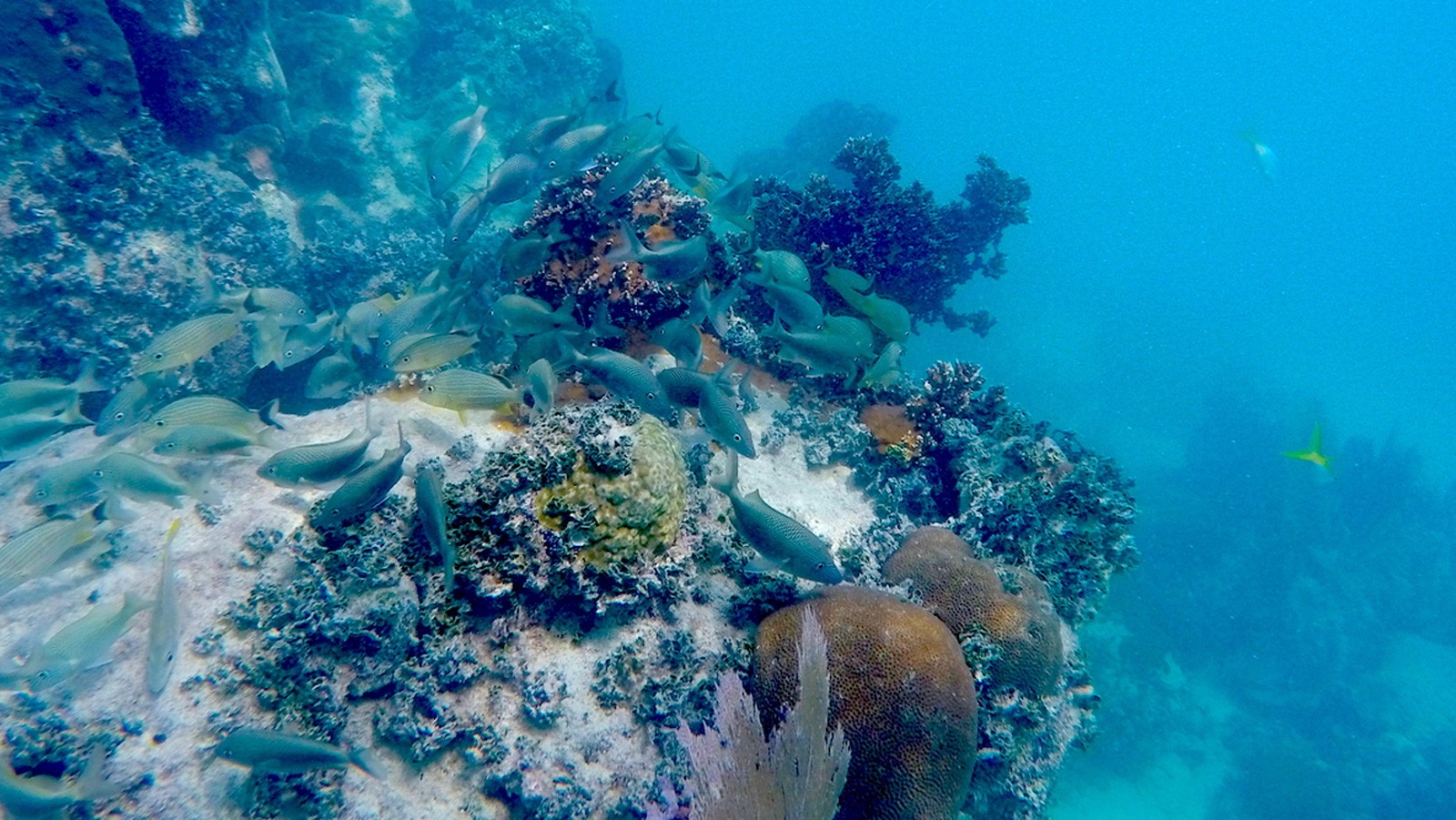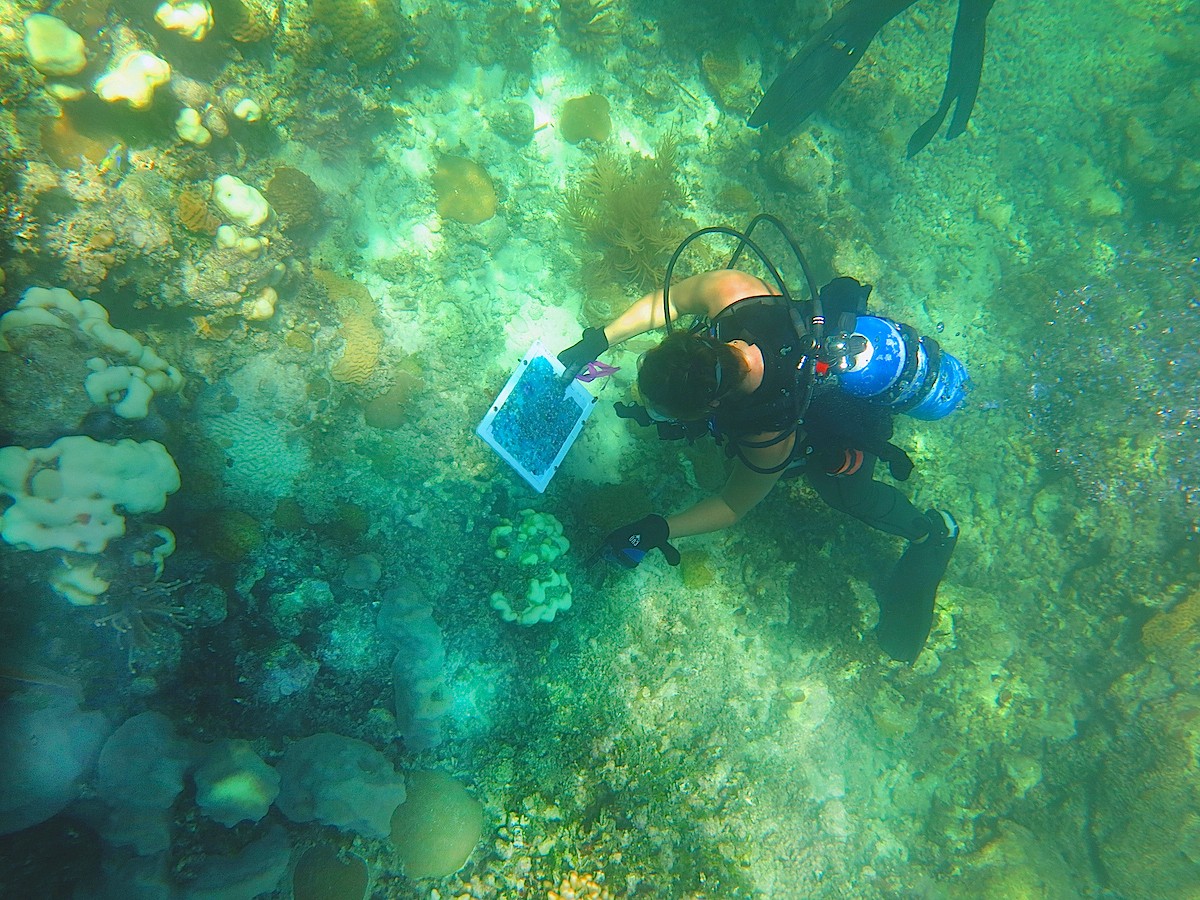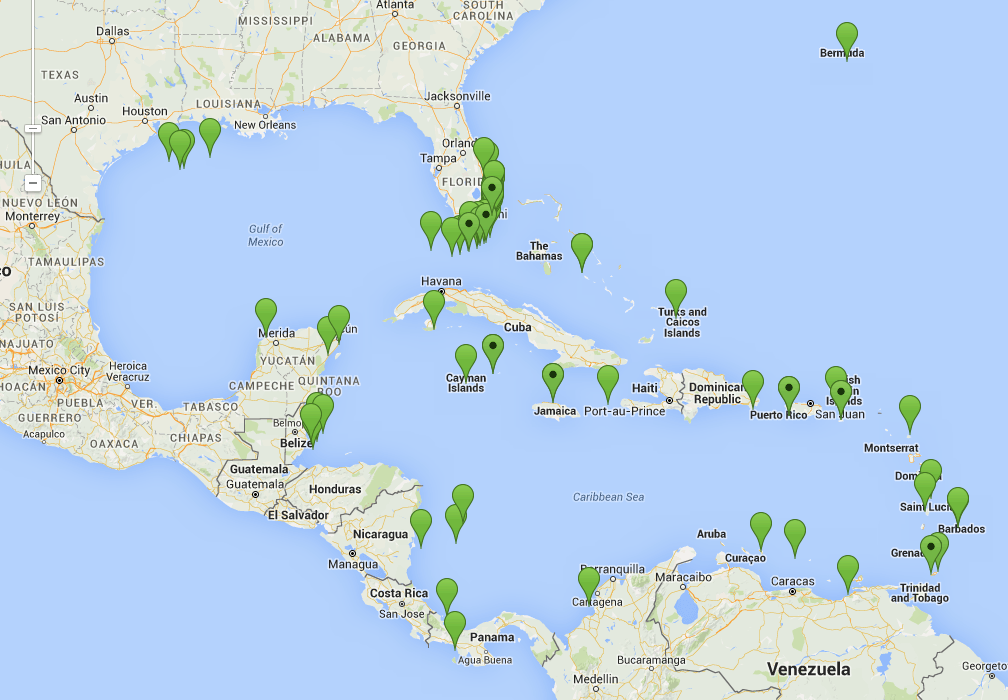Juvenile Sportfish Monitoring in the Florida Bay
With an average depth of only 3 feet, the Florida Bay is home to a number of marine populations, as well as a vital nursery ground for commercial and recreational reef fish species. The Florida Bay also plays host to a group of NOAA researchers who are investigating how habitat changes in Florida Bay are impacting juvenile sportfish populations, with a focus on the spotted seatrout.
